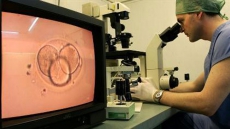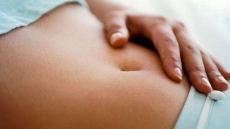How well your immune system can fight infection may depend on your personality, new research led by an Indian-origin scientist has found.
Extroverts, individuals who we would expect to be exposed to more infections as a result of their socially orientated nature are likely to have stronger immune systems to deal effectively with infection than those who are more cautious, the findings showed.
"Our results indicated that 'extraversion' was significantly associated with an increased expression of pro-inflammatory genes and that 'conscientiousness' was linked to a reduced expression of pro-inflammatory genes," said professor Kavita Vedhara from University of Nottingham.
The findings support long-observed associations between aspects of human character, physical health and longevity.
The researchers examined the relationship between certain personality traits and the expression of genes which can affect our health by controlling the activity of our immune systems in a group of 121 ethnically diverse and healthy adults.
The study used highly sensitive microarray technology to examine the relationship between five major human personality traits and two groups of genes active in human white blood cells (leukocytes) - one involving inflammation and another involving antiviral responses and antibodies.
The participants completed a personality test which measures five major dimensions of personality - extraversion, neuroticism, openness, agreeableness and conscientiousness.
"Individuals who we would expect to be exposed to more infections as a result of their socially orientated nature (i.e., extroverts) appear to have immune systems that we would expect can deal effectively with infection," Vedhara pointed out.
"While individuals who may be less exposed to infections because of their cautious/conscientious dispositions have immune systems that may respond less well," she added.
The study appeared in the journal Psychoneuroendocrinology.




